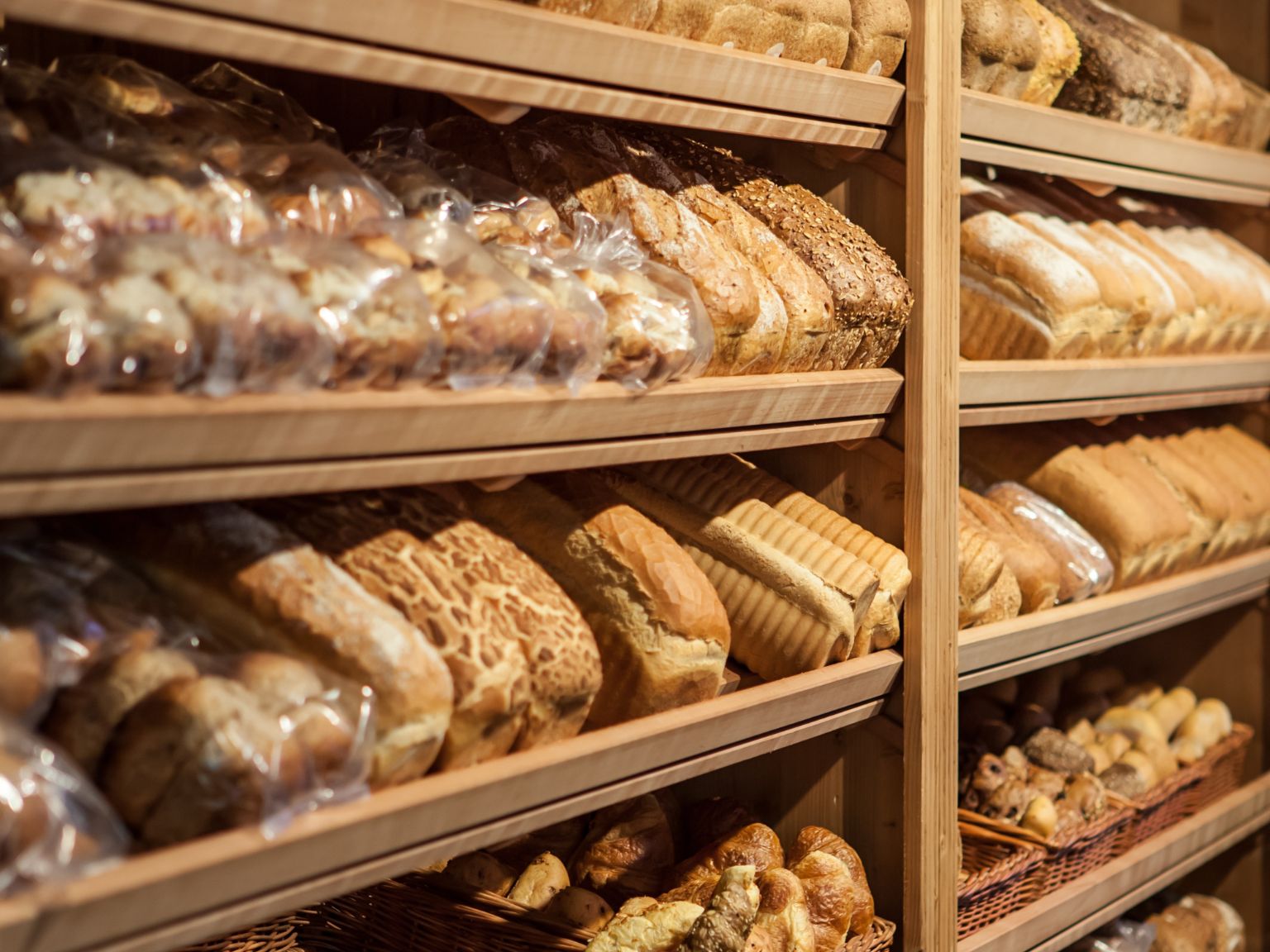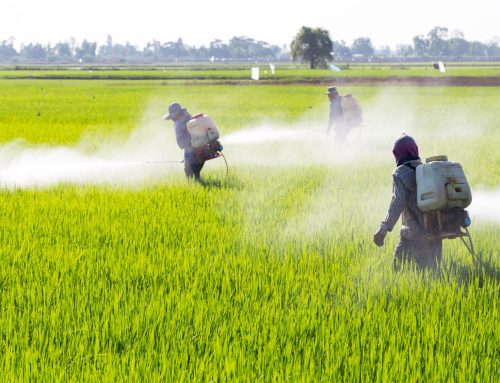Based on official figures, PAN UK has today revealed that the proportion of bread containing two or more pesticides has almost doubled in the past year to 50%. The figure marks a major increase from government testing results over the past decade when, on average, roughly a quarter of bread has been found to contain pesticide cocktails.
The UK government tested a range of bread products – from standard white and brown bread to crumpets, scones and muffins – and found a total of eleven different pesticides, including five with links to cancer namely cypermethrin, deltamethrin, flonicamid (insecticides), fosetyl (fungicide) and glyphosate (herbicide). The presence of glyphosate in grain is largely due to its use as a pre-harvest desiccant, when it’s used to artificially dry crops to make harvesting easier. If the UK Government banned the use of glyphosate as a pre-harvest desiccant it could reduce the amount of this residue found in grains.

“With the cost of living crisis forcing people to spend less on food, its vital that consumers can trust that eating relatively cheap products like bread won’t expose them to dangerous mixtures of chemicals. The government claims that it is committed to tackling pesticides, so why have pesticide cocktails been allowed to double in a staple food that most of us eat at least once every day?”
Nick Mole, Policy Officer, PAN UK
The Dirty Dozen
PAN UK has also launched the annual “Dirty Dozen” – the fruit and vegetables most likely to be contaminated with multiple pesticides. The most recent data published by the UK government, which relates to testing conducted in 2021, reveals that pesticide cocktails are also a significant problem for fruit and vegetables, with just under a third of vegetables (30%) and more than two-thirds of fruit (69%) found to contain residues of more than one chemical.
“There is a growing body of evidence showing that pesticides can become more harmful when they’re combined with each other. And yet we continue to set safety limits for just one chemical at a time. We actually have no idea of the long-term impacts of consuming tiny amounts of hundreds of different chemicals. We are choosing to play Russian roulette with people’s health”.
Nick Mole, Policy Officer, PAN UK
PAN UK analysis of the most recent results from the government’s testing programme found a total of 137 different pesticide residues across all produce, including many linked to serious chronic health effects. Specifically, the produce tested contained:
- 46 carcinogens which are capable of causing different types of cancer.
- 27 endocrine disruptors (EDCs) which can interfere with hormone systems and cause birth defects, developmental disorders and reproductive problems such as infertility.
- 11 ‘developmental or reproductive toxins’ which can have adverse effects on sexual function and fertility, and reduce the number and functionality of sperm and cause miscarriages.
- 14 cholinesterase inhibitors that reduce the ability of nerve cells to pass information to each other and can impair the respiratory system and cause confusion, headaches and weakness.
Over a third (47) of the total pesticides found are not approved in the UK, meaning that British farmers cannot use them.
Tackling pesticide cocktails in our food
“These illegal pesticide residues should not be making it onto the plates of UK consumers. They are either slipping past our shoddy border checks unnoticed, or foreign producers are being handed a competitive advantage by being allowed to use pesticides banned in the UK to protect human health or the environment. At a time when we are asking our own farmers to produce more sustainably, we should not be making it harder for them to earn a living”.
Nick Mole, Policy Officer, PAN UK
Given that pesticides appear in millions of different combinations in food, the simplest way to tackle pesticide cocktails is to ensure that new trade agreements don’t lead to an influx of pesticide-laden imports and to dramatically reduce chemical use in domestic farming. Despite a 2018 commitment, the UK government is yet to take action and now appears to be backing off promises to introduce pesticide reduction targets and a package of support to help farmers transition over to safe and sustainable alternatives.
“To protect the health of their customers, some UK supermarkets are beginning to sit up and take notice of pesticide cocktails. Meanwhile, the government’s key strategy on pesticide reduction is already five years late. How much longer should consumers and farmers have to wait?”
Nick Mole, Policy Officer, PAN UK
Find out more about: pesticide cocktails, the health effects of pesticides and the effects of pesticides on women and children.





